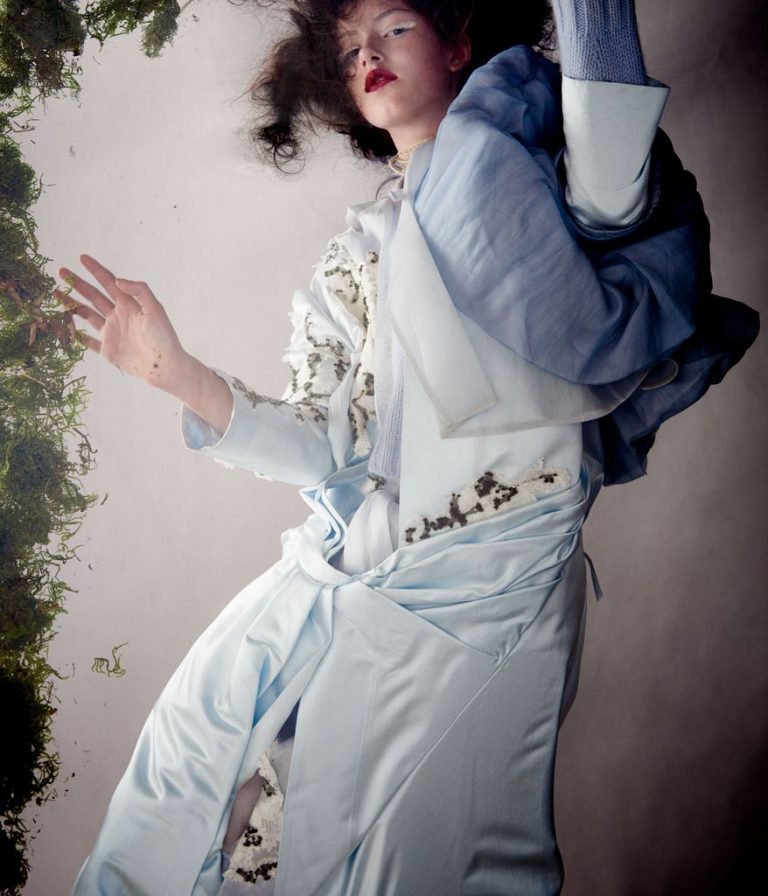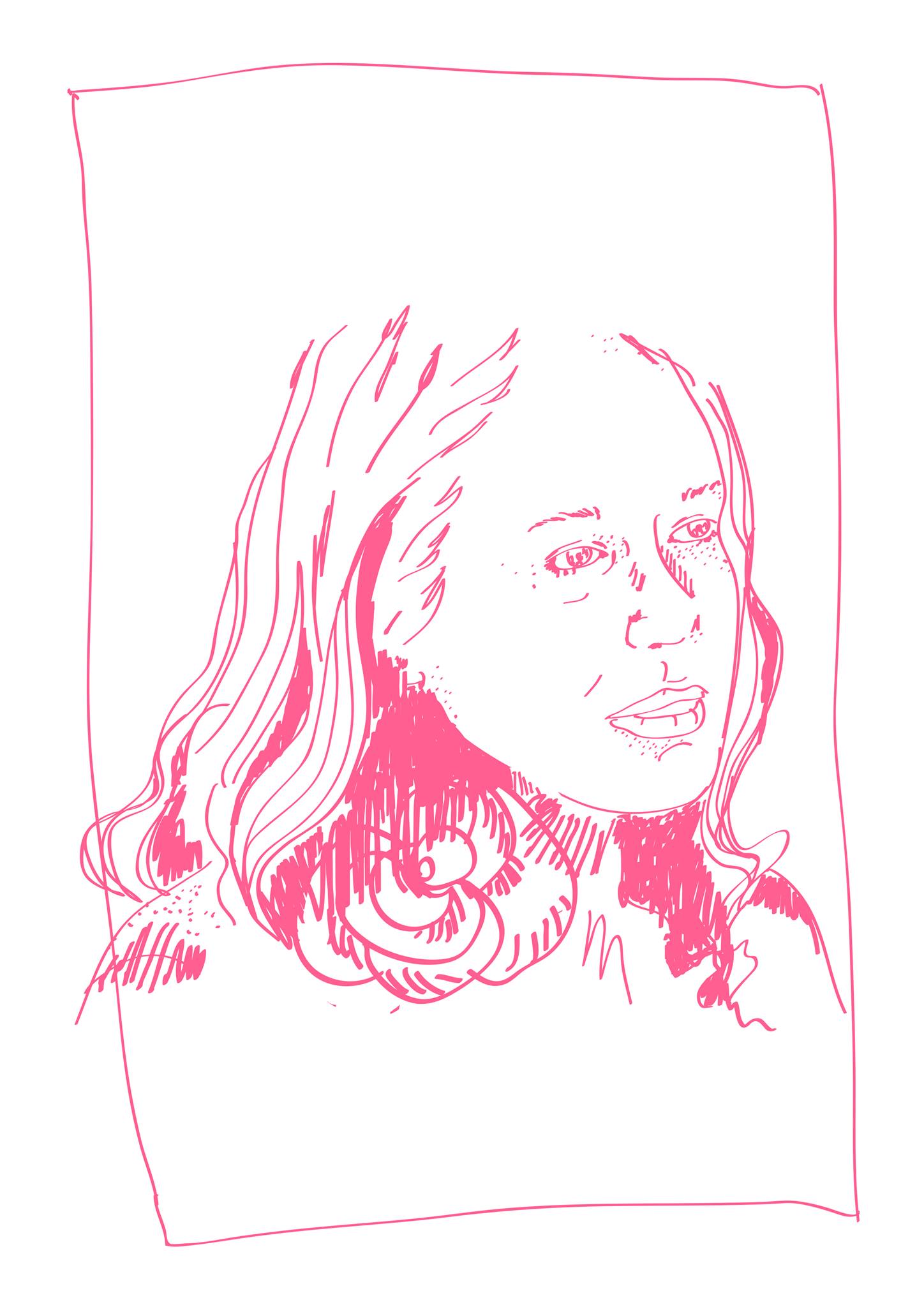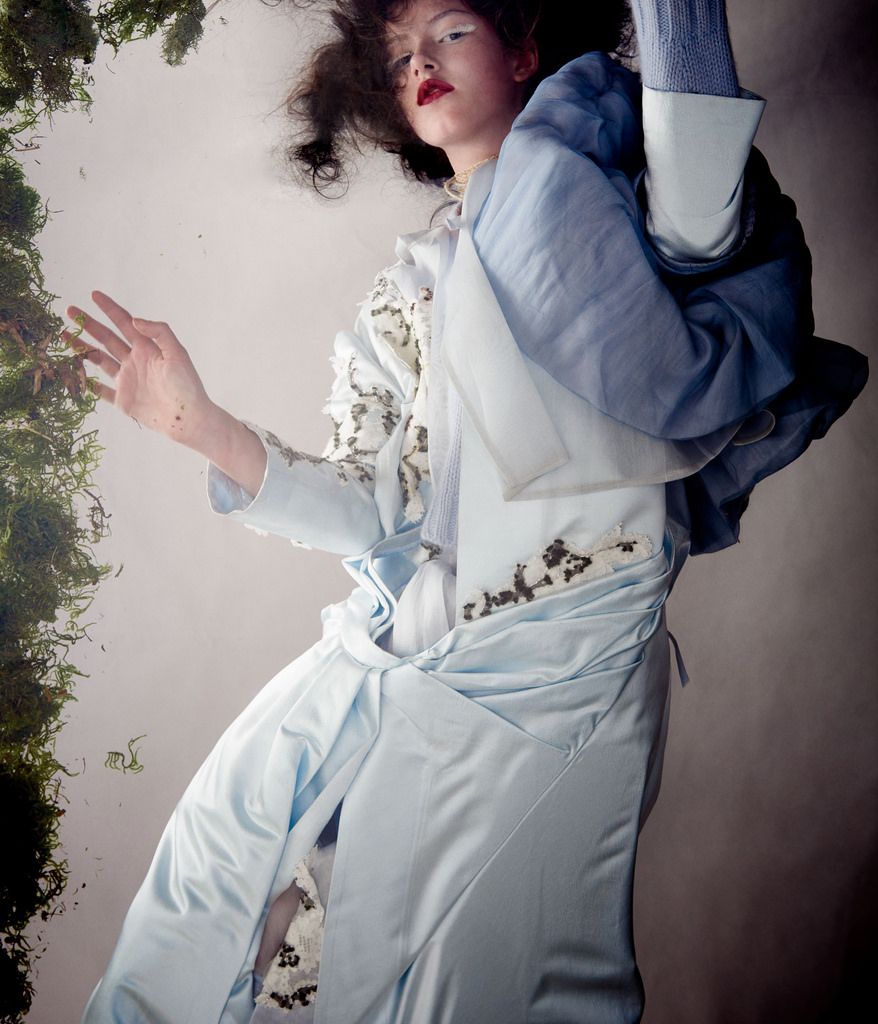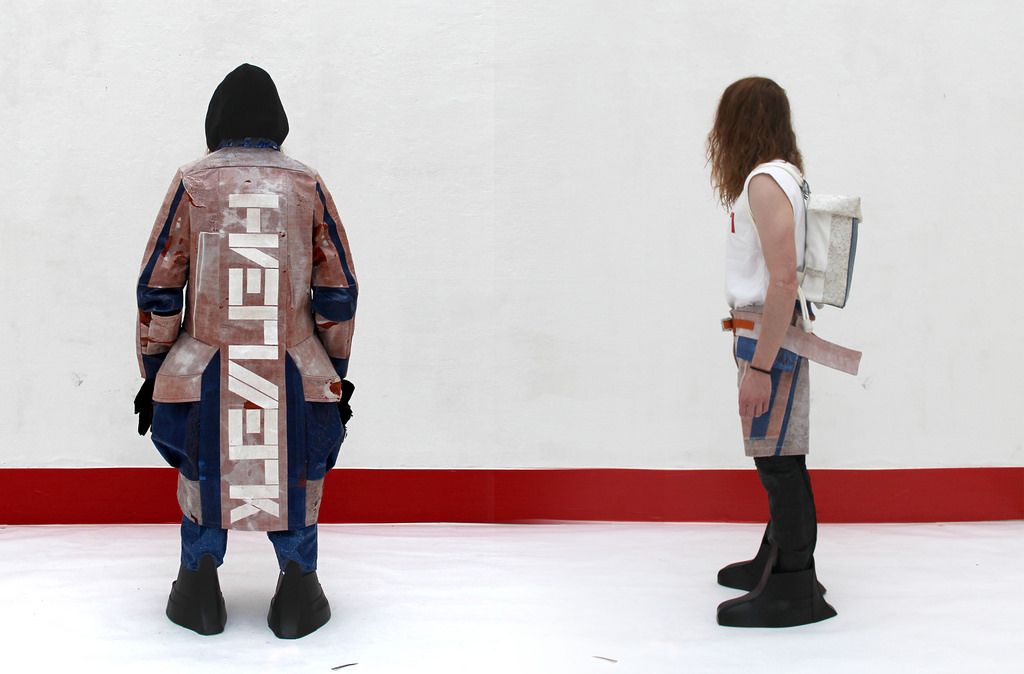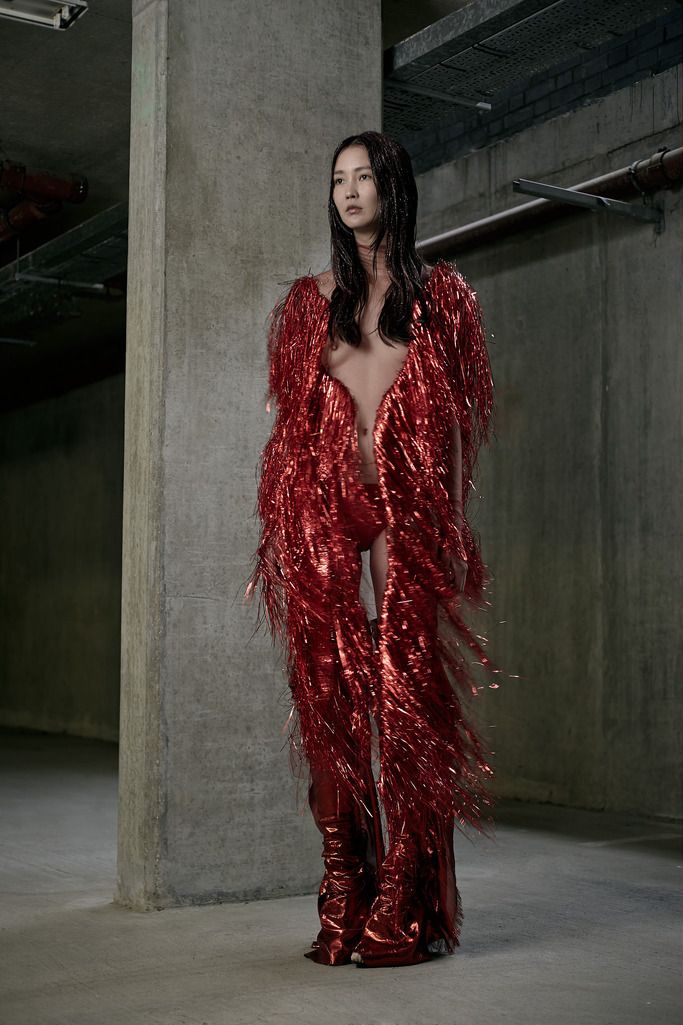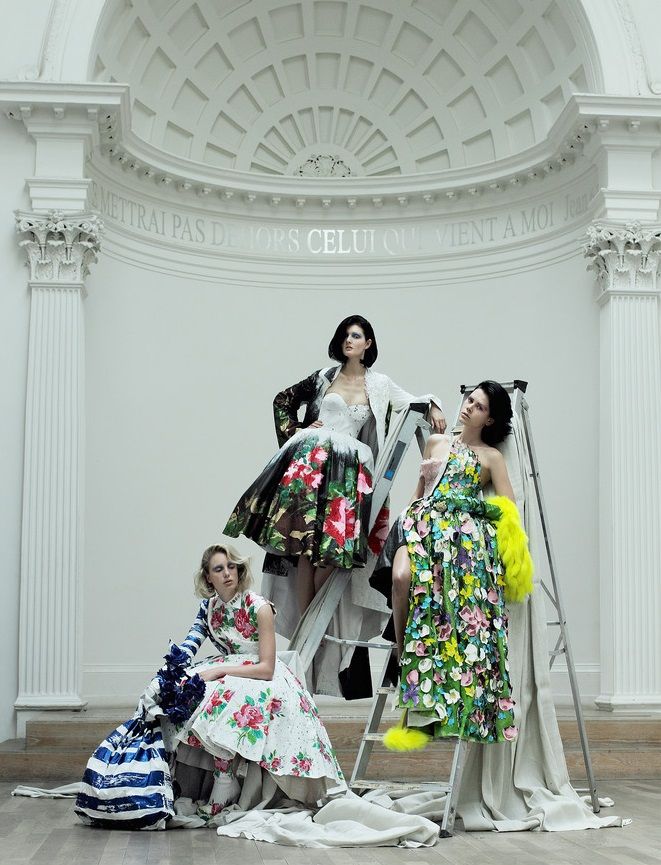ITS celebrated its 15th birthday last year, would you have ever expected such success when you started?
To be fair with you, I think that when I first started, I never asked myself this question. Moreover, I could not imagine that what I was doing would have such a deep impact on the life of the many who became part of ITS throughout the years. What was important for me at the time was to fulfill the irresistible need of getting involved with creative minds and try to dive into their dreams. All of a sudden, all the doubts I previously had, dissipated. I knew I wanted to dedicate my whole life to the creation of a platform to support creatives, a place where they could exchange ideas and express themselves freely. It had to resemble Trieste, my hometown, which used to be a free port where people could trade goods without having to pay duties.
“ITS is like a seismographer: for me it is important to record information without being influenced by any form of preconception.”
Tell me more about Trieste and why you chose to set ITS here.
Life is very pleasant in Trieste, we have great food and there still is a human dimension which is completely absent in bigger cities. I believe its privileged sight of the sea makes Trieste a place where the multiple aspirations of our candidates can find their resolution in the infinite possibilities suggested by a never ending horizon. Moreover, being based in Trieste helped us to preserve our critical autonomy, something we would have had to compromise if we operated in a fashion capital. I like to compare ITS to a seismographer: for me it is important to record information without being influenced by any form of preconception.

